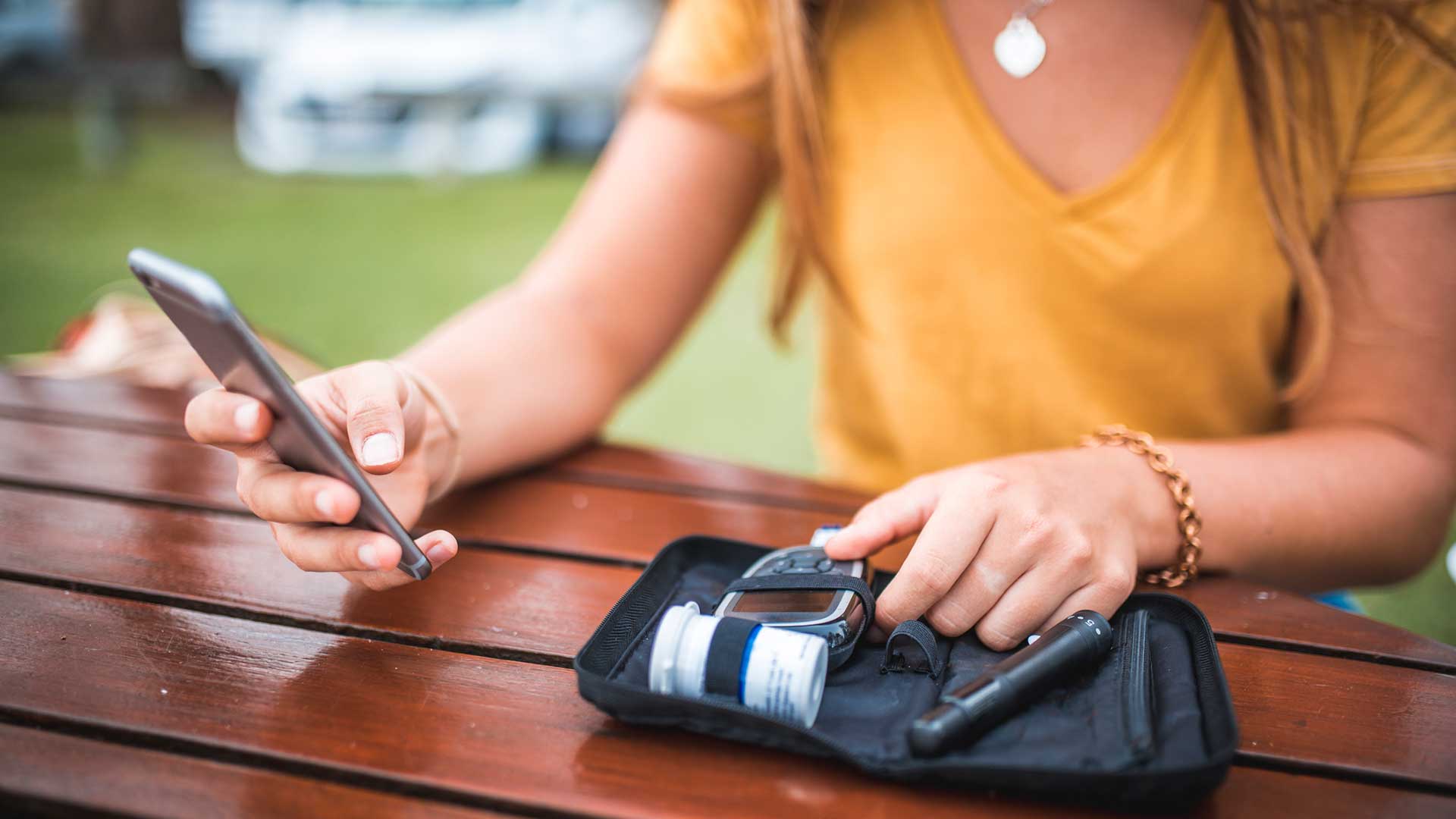Gallup and Sharecare Uncover Disparities in Diabetes Prevalence in the United States Across Key Demographics and Occupations

New Research Reveals Diabetes Rate Now Approaching or Even Exceeding 20% for Some Groups Including Seniors, Low Income, and Middle-Aged Blacks and Hispanics
WASHINGTON, D.C. & ATLANTA (July 26, 2017) — World-leading analytics and advice firm, Gallup, and Sharecare, the digital health company helping people manage all their health in one place, have released new research examining the prevalence of diabetes across demographics, occupations and regions. The new report – Gallup-Sharecare State of American Well-Being: The Face of Diabetes in the United States – provides a detailed profile of the disease across the U.S.
According to the Gallup-Sharecare Well-Being Index™, the national prevalence of diabetes climbed to a new high of 11.6% in 2016, up from 10.6% in 2008 when Gallup and Sharecare began measurement. If the diabetes rate had held steady at its 2008 level rather than having increased, 2.5 million fewer U.S. adults would have the disease today. The Gallup-Sharecare Well-Being Index does not differentiate between type 1 and type 2 diabetes, but instead asks U.S. adults: Has a doctor or nurse ever told you that you have diabetes?
Key findings include:
- Diabetes rates rise alarmingly with age; seniors (age 65 and up) have a 23.6% prevalence of diabetes.
- Among regions in the U.S., the South has the highest prevalence of diabetes (12.8%); the West has the lowest prevalence (10.3%).
- Among the four major race and ethnic groups in the U.S., the diabetes rate is highest among blacks (14.7%) and lowest among Asians (5.7%).
- Income and education levels have an inverse relationship with diabetes — prevalence falls as education and income levels rise.
- Those who are divorced, separated or widowed have much higher prevalence of diabetes than those who are single, married, or in a domestic partnership. This pattern is likely due to age as those who are divorced, separated or widowed tend to be older than those who are single, married or in a domestic partnership.
- Among occupations, transportation workers have the highest self-reported diabetes rate, while physicians have the lowest rate.
- A special analysis based on key risk factors reveals that transportation workers, as well as workers in manufacturing/production, installation/repair and construction/mining are at highest risk for new onset diabetes.
Some hospitals, health systems, health plans, and employers are now taking a proactive approach to diabetes education, management and prevention. By shedding light on where diabetes rates exceed the national average, these data can help leaders target investments and customize programs that address specific populations who are at the greatest risk.
“Our objectives for diabetes need to move beyond treating symptoms, and focus on slowing the progression of the disease and lowering its prevalence,” said Sheila Holcomb, vice president, Sharecare Diabetes Solutions. “Collaborative efforts between providers, employers and community leaders to prevent and manage diabetes, especially in communities with high-risk populations, can and do change the trajectory of diabetes and help those with the disease have higher quality of life.”
The research in Gallup-Sharecare State of American Well-Being: The Face of Diabetes in the United States is based on a subset of 177,192 telephone interviews with U.S. adults across all 50 states and the District of Columbia, conducted from January 2, 2016 to December 30, 2016. Gallup conducts 500 telephone interviews per day with randomly selected Americans to gather their perceptions of their own well-being for a resulting sample that projects to an estimated 95% of all U.S. adults.
For more information and to access the complete report, visit www.well-beingindex.com/face-of-diabetes.
About the Gallup-Sharecare Well-Being Index™
The Gallup-Sharecare Well-Being Index is the world’s largest data set on well-being, with over 2.5 million surveys fielded to date. The Well-Being Index provides unmatched, in-depth insight into the well-being of populations, is frequently cited by national media, and has been leveraged by Nobel laureates and academicians for peer-review and scholarly articles.
The partnership between Gallup and Sharecare merges decades of clinical research, health care leadership and behavioral economics expertise to track and understand the key factors that drive greater well-being for individuals and populations. Previously known as the Gallup-Healthways Well-Being Index, the Gallup-Sharecare Well-Being Index™ was recently rebranded following Sharecare’s 2016 acquisition of Healthways. This rebrand signifies a new and exciting union of the powerful insights generated by Gallup and meaningful health engagement fostered by Sharecare, to create a healthier world through knowledge, information and action.
About Gallup
Gallup delivers analytics and advice to help leaders and organizations solve their most pressing problems. Combining more than 80 years of experience with its global reach, Gallup knows more about the attitudes and behaviors of employees, customers, students and citizens than any other organization in the world.
About Sharecare
Sharecare is the digital health company that helps people manage all their health in one place. The Sharecare platform provides each person – no matter where they are in their health journey – with a comprehensive and personalized health profile where they can dynamically and easily connect to the information, evidence-based programs and health professionals they need to live their healthiest, happiest and most productive life. In addition to providing individual consumers with direct access to award-winning and innovative frictionless technologies, scientifically validated clinical protocols and best-in-class coaching tools, Sharecare also helps providers, employers and health plans effectively scale outcomes-based health and wellness solutions across their entire populations. To learn more, visit www.sharecare.com.